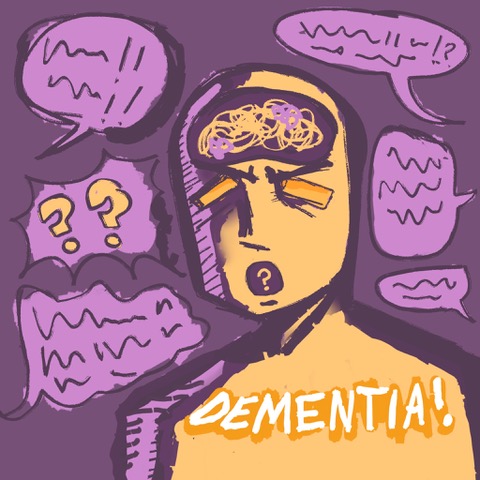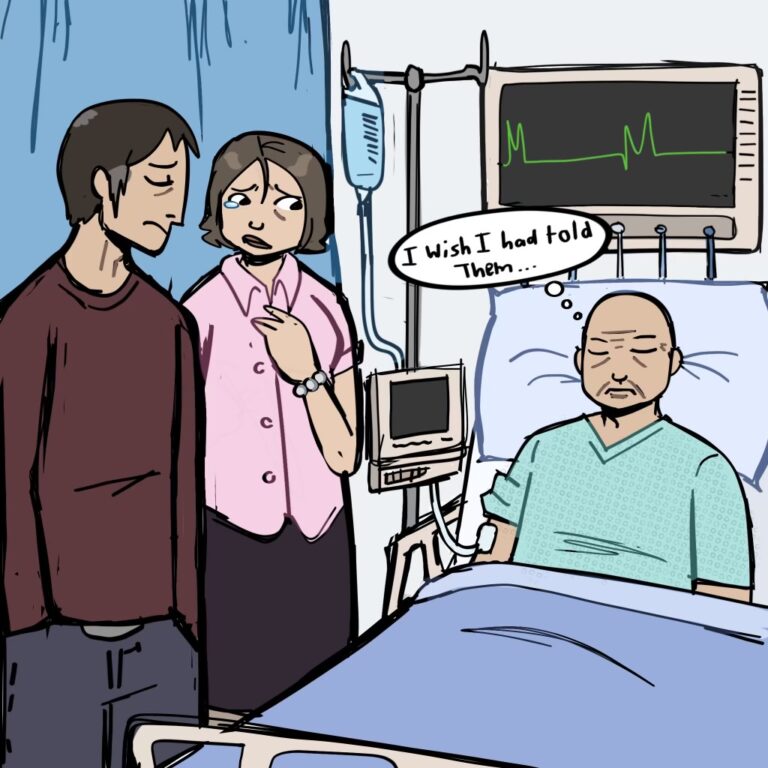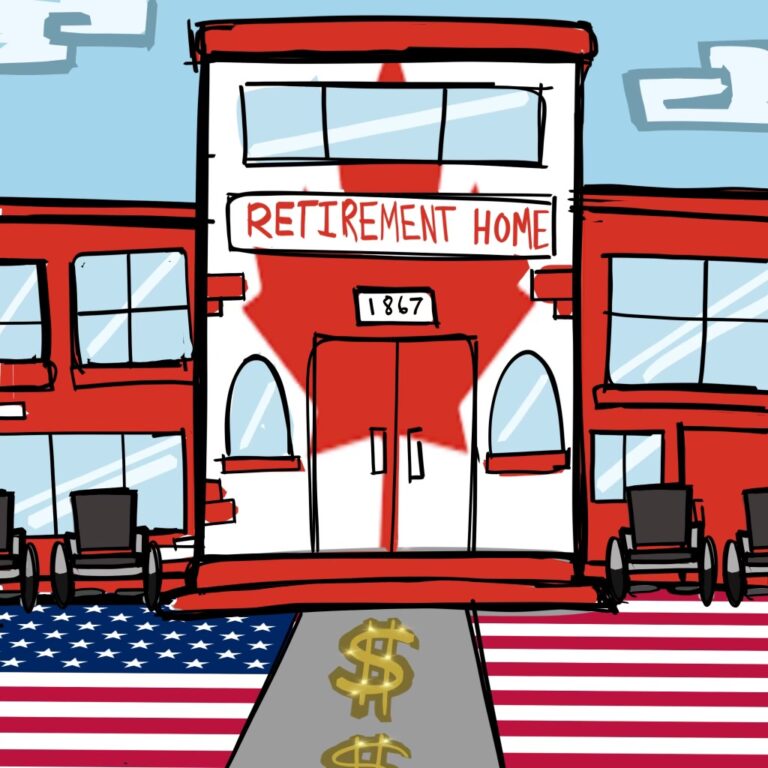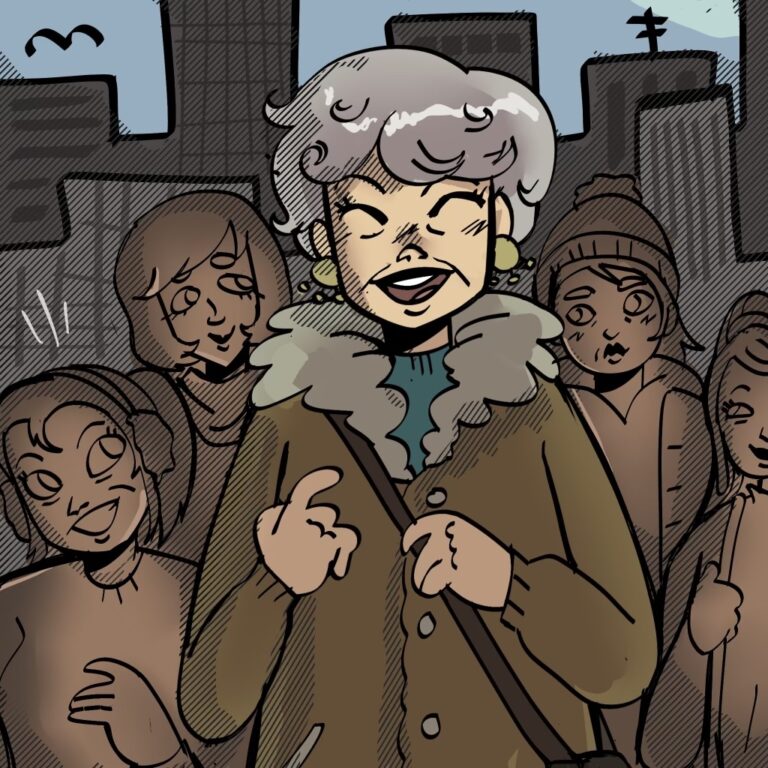Patti Davis (Ronald Reagan’s daughter) recently penned an OpEd in the New York Times about the impact on the family and friends of a person with signs of dementia, or with a formal diagnosis of dementia in one of its many forms.
The sense of loss, fear of the unknown and the deep desire to keep everything as “normal” as possible is real, and no matter how many stories you’ve heard, the journey is a lonely one, and very often a strange one.
Your loved one with dementia is often confused, and desperate to hang on to who they are, and you are likewise desperately hoping “it doesn’t get to that point” ….that point where you are no longer able to manage the needs of your loved one.
One of the things that Lori and I often counsel clients is that the diagnosis means that your loved one is no longer able to truly decide things for themselves. A promise to “keep them at home” may not be viable, and the guilt and sadness family members feel when they realize that is real. We often counsel people to embrace the memory care specialty programs available in the community. Consider starting with a day program – not only will it provide the caregiver with much needed relief, but it will also provide the person with dementia an opportunity for stress free socialization, and connections – something that is so very important to people with this disease.
When things progress, please investigate memory care living options. Not only will it allow your loved one to be cared for by experienced, patient, and specialized individuals, it will allow your loved one to experience personal successes, make connections and be in control of their lives within a safe environment. The focus of your relationship then moves away from worry, fear, and safety to light, and fun visits.
Dementia narrows and confuses the world of your loved one – and the stress of holding on to their previous sense of selves takes a huge toll on everyone. Too often, the loved one with dementia will extract promises from their family regarding their future living situation – which often will eventually have to be ignored for everyone’s sake. Then adult children feel they are letting their parents down, or spouses believe they are giving up on their partner. It is just not true. It is quite the opposite. You would never tell yourself you are the best person to manage your spouse’s heart attack, and likewise, you are not necessarily the best person to manage the neurological disease that affects decision making, memory and cognition – dementia.
You are not giving up – you are providing the right care.
I just recently had a conversation with my family indicating that should the diagnosis ever arise (heaven forbid) we’ll work together to move me to a situation that creates the least amount of stress for them and frankly for me.
Ask yourself what would you want to do?





